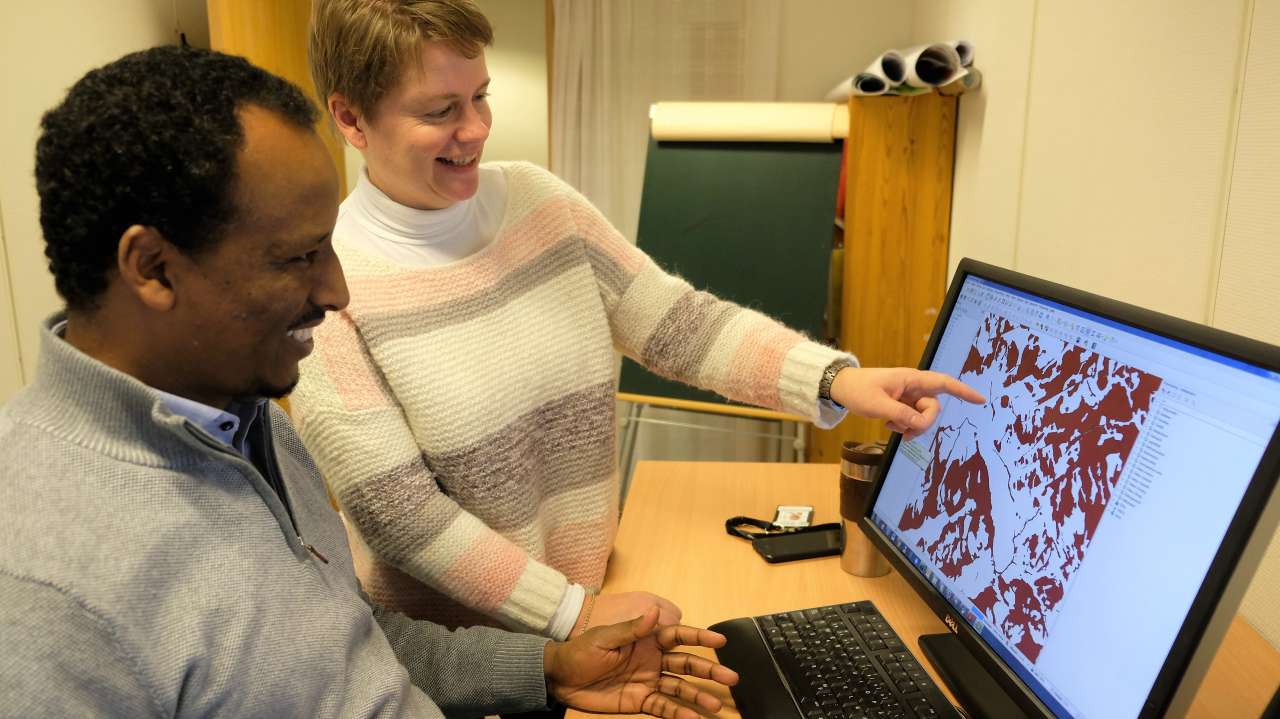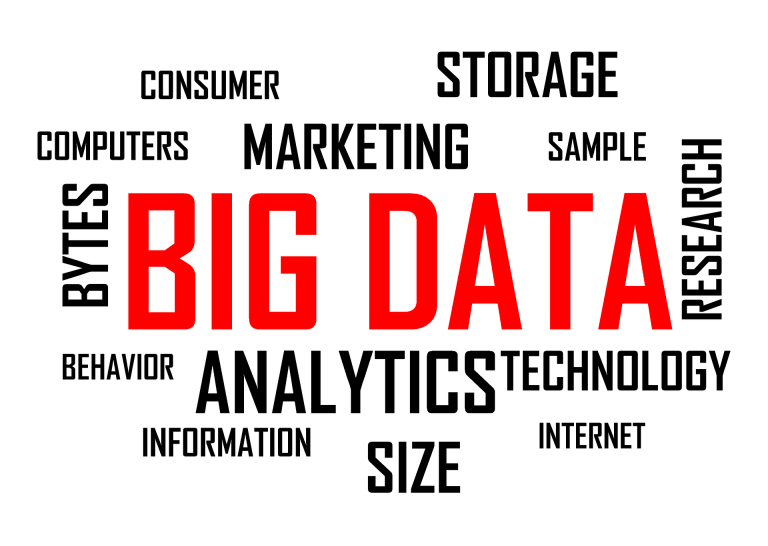Big data + new technology = new knowledge

Photo: Kjersti Kildahl
In the future, big datasets and high-resolution satellite images will be important tools for monitoring developments in forests and agricultural land
Climate change and pressure on land will change the conditions for sustainable food production and business development. With new technologies and large data resources in agriculture, analyses can reveal changes, new contexts or the state of the growing season. Changes that could be due to the climate or other factors can be detected earlier by seeing new patterns and contexts that we could not see before. The spread of diseases can be recognized more quickly, and measures can be implemented in forests or fields.
In the Stordata project, NIBIO is enhancing its skills in handling large amounts of data to find answers to complex questions and acquire new knowledge. Ingvild Nystuen is Head of the Geomatics Department, which is responsible for the project.
“Big data is characterized by the fact that the volume, complexity and frequent updates of information generate data volumes that cannot be handled with traditional data
capacity. Supercomputers are needed”, says Nystuen. Big data also requires special methods for development and management, a dedicated infrastructure.
Nystuen says that we must ask the relevant questions. Powerful computers and big data will help us find the answers. Weather data, elevation and other remotely measured data of soil and forests will be central in helping NIBIO perform its core tasks in areal mapping.
With automated image recognition of land, crops and borders and with new algorithms and machine learning, we gain new knowledge more efficiently. New working methods will provide added value.
“We do not know all the challenges that we will face, but we must be prepared to solve them. NIBIO must be ready for this,” says Nystuen. Being capable of handling large amounts of data is therefore essential in the future.
Contacts


Contacts


